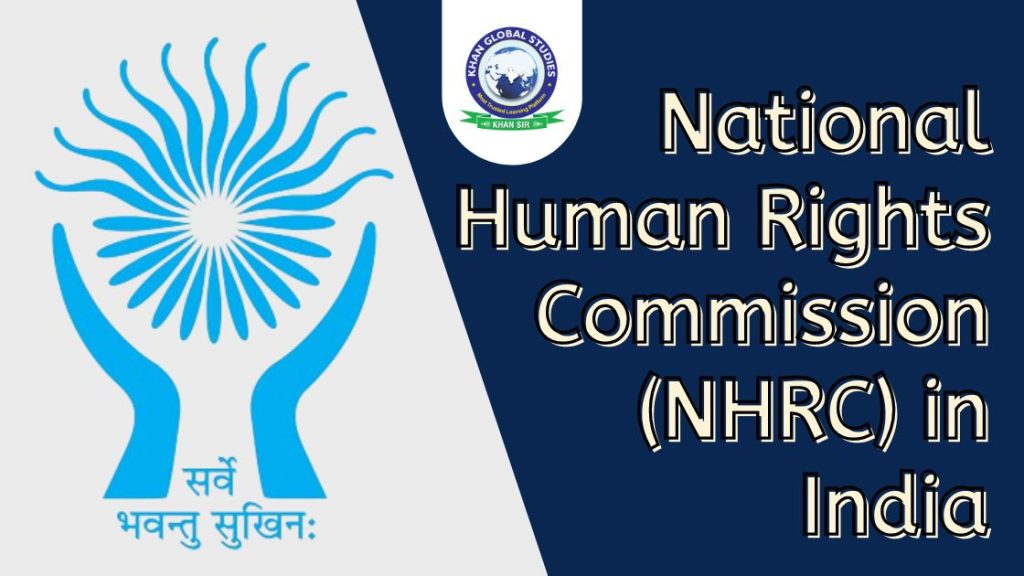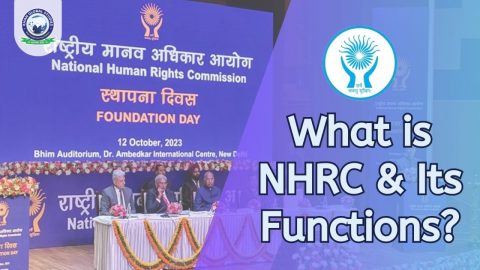
The National Human Rights Commission of India (NHRC) was established on 12 October 1993. It protects the human rights given by the Constitution like the right to life, right to liberty and right to equality etc.
There is a platform to deal with human rights violations by constituting a National Human Rights Commission and providing for the Constitution of State Human Rights Commissions. The statute under which it is established is the Protection of Human Rights Act (PHRA), 1993, as amended by the Protection of Human Rights (Amendment) Act.
History of the Human Rights Commission
The history of the Human Rights Commission is as follows:
- In 1948 the United Nations adopted the Declaration of Human Rights.
- The Paris Principles were established by the National Human Rights Institutes (NHRIs) in 1991.
- The United Nations adopted these Paris Principles at its General Assembly in 1993.
- In 1993, India enacted the Human Rights Protection Act.
- This resulted in the formation of the National Human Rights Commission (NHRC).
- The Protection of Human Rights Act also allowed state governments to establish State Human Rights Commissions.
NHRC Member
The National Human Rights Commission (NHRC) is the central human rights body of India. There are a total of 6 members – a Chairman and five Members. The Chairman of the Commission should be a retired Chief Justice of India. Justice Shri Arun Kumar Mishra is currently the Chairman of the NHRC.
Functions and Powers of the Human Rights Commission
The functions and powers of the Farmers Rights Commission are as follows:
- If any matter related to the violation of human rights comes to the notice of NHRC, then NHRC is empowered to investigate it.
- It has the right to intervene in all judicial cases related to human rights violations.
- The Human Rights Commission has all the same powers as a civil court and can deal with cases similar to it.
- It is authorized to investigate any central or state-level officer when there is a complaint.
- It can look into a case only within a year of its occurrence. It is not within his jurisdiction to take action after more than a year has passed.
- Its functions are mainly of recommendation type.
- His powers regarding the army are limited.
- It has no authority to take action regarding human rights violations by any private entity.
What are the limitations of NHRC?
The boundaries of NHRC are stated as follows:
- The recommendations made by the NHRC are not binding.
- Human rights violations by private parties cannot be considered under NHRC jurisdiction.
- The NHRC does not have the power to punish officials who do not implement its recommended orders.
- NHRC does not have any special mechanism for investigation. In most cases, it orders the concerned government to investigate the matter.
What are the Major Issues related to NHRC?
The National Human Rights Commission (NHRC) raises several issues across the country, some of which are:
- Child labour
- Violence and Discrimination against Women and Children
- Arbitrary Arrest and Detention
- Custodial Torture
- LGBTQ Community Rights
- SC/ST disabled people and other Religious Minority Issues
- Labor rights and right to work
- Manual scavenging etc.




